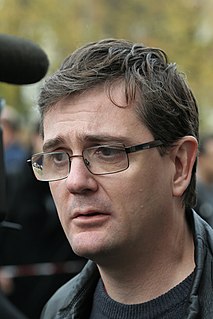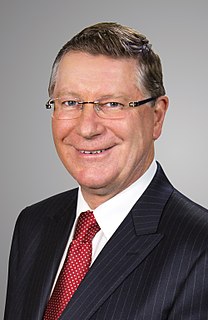A Quote by Larry Flynt
Freedom of speech doesn't protect speech you like; it protects speech you don't like.
Related Quotes
Free speech is important whether you like what's being said or not. The reason why it's so important is that the entire spectrum of ideas needs to be heard so that the best ones are embraced and rise to the top. If you're a liberal and don't like conservative speech and you try to stifle that conservative speech, you need to be prepared for your own progressive speech to be stifled when the power shifts out of your favor.
If a university official's letter accusing a speaker of having a proclivity to commit speech crimes before she's given the speech - which then leads to Facebook postings demanding that Ann Coulter be hurt, a massive riot and a police-ordered cancellation of the speech - is not hate speech, then there is no such thing as hate speech.
To me, freedom of speech and debate are necessary inputs in solving any of our nation's problems, from homelessness and economic inequality to banking, the environment, and national security. Freedom of speech is what Larry Lessig would call a 'root' issue; working on free speech is striking at a root issue.




































